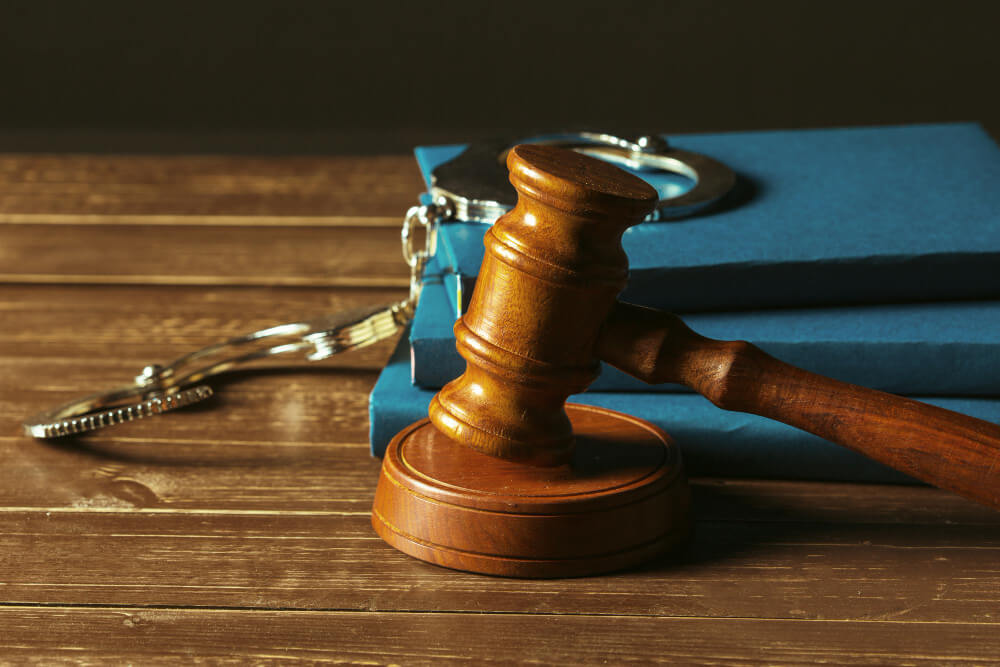The Appellate Division concluded with the following in relevant part: Finally, we reject the court’s conclusion that defendants not subject to incarceration would have no incentive to succeed in Recovery Court. Bishop, upon which it relied, made clear that it “did not deal with those admitted to Drug Court under the regular probation track” but rather “only with offenders sentenced to special probation under N.J.S.A. 2C:35-14, whose probation is subsequently permanently revoked.” To accept the court’s rationale would essentially negate Track Two eligibility and the historical composition of Recovery Court as both prison-bound and non-prison-bound defendants, instead limiting the program to those facing a presumption of incarceration. That is contrary to the explicit eligibility criteria, the case law, and the spirit of Recovery Court.
Not only was Jessica not a Track One applicant, but the court also failed to consider the various behavioral modification techniques and rewards for progress that Recovery Court uses to encourage compliance. 2022 Manual at 25-26 (“The most effective and successful drug courts utilize a varied and creative range of intermediate-magnitude responses to participants’ behavior that can be adjusted up or down in intensity in response to continued violations or successes. Sanctions and rewards tend to be least effective at the lowest and highest levels.”); see also Admin. Off. of the Cts., Admin. Directive #03-20, Drug Court – State of N.J. Adult Drug Court Program – Participant Incentive & Sanction Charts (Jan. 3, 2020) (providing matrix for identifying level of behavior and necessary response, such as increasing or decreasing required contacts with probation or community service hours). While sanctions were initially stressed to address violations, the approach has changed over the years to encourage positive behavior as opposed to punishing negative behavior. As Jessica explained in her merits brief, people entering Recovery Court may have various reasons for doing so, including the possibility of expungement or a true desire to overcome substance abuse.
Jessica’s untimely death highlights the pressing need for life-saving resources to combat substance abuse in New Jersey. Our opinion clarifies individuals convicted of DP and PDP offenses in Superior Court are not categorically barred from seeking those resources. The court erred in holding otherwise.
An unintended consequence of this opinion is that it may be used by prosecutors to leverage defendants into accepted Recovery Court for disorderly persons offenses. It is conceivable that a prosecutor would condition the downgrading of an indictable charge upon Recovery Court participation as a means of justifying their downgrade, among other reasons.

